Kamalolmolk (1984)
ジャンル : ドラマ, 履歴
上映時間 : 2時間 2分
演出 : Ali Hatami
シノプシス
The movie chronicles the life of the famous painter Kamololmolk, and his relationship with various kings.

The story of the life of the monk (Andrew Samuel), who grew up in the province of Beni Suef at the end of the nineteenth century, lost his sight at the age of three years, and sent to the monastery for the purpose of learning, but years later decided to monk in the monastery of St. (Samuel confessor). The film is subject to asceticism, humility, miracles and biography until his death in the 1980s.

Germany, 1945. The War is over, and it has left a slew of devastated families in its wake. Among them are Maria and her mother, two refugees who find themselves working on a farm in the German countryside after they are forced out of their home by violence and political upheaval. It is there that little Maria makes an unlikely friend: an American soldier — an enemy soldier — who, through one act of unnecessary kindness, teaches Maria and her family a powerful lesson in compassion and humanity during the most inhumane of times.

A view of the life and works of the late Alex Colville, the celebrated Canadian painter. Shows the influence on his life and works of his experience as an artist during World War II, and of his relationship with his wife, Rhoda. Friends and critics speak of the construction and sense of menace in his work, and Colville comments on his sense of order, goodness, and contingency.

Isabelle Huppert is one of the most famous French actresses. In this portrait she reflects in voice over on her movies and her craft. She seems to like characters that are neurotic, dramatic and even dangerous. Huppert considers every character a means to discover things about herself.

On the occasion of awarding the Cervantes Prize to the Catalan writer Juan Marsé on 23 April 2009, family members, friends and writers offer a sincere portrait of the best chronicler of life in Barcelona, Catalonia, during the post-war period and the worst days of the General Franco dictatorship, in the forties and fifties, and during the economic development and the hard conquest of freedom, in the sixties and seventies.

Paris, the late 1960s. Madame Claude is at the head of a flourishing business dedicated to prostitution that gives her power over both the french political and criminal worlds. But the end of her empire is closer than she thinks.
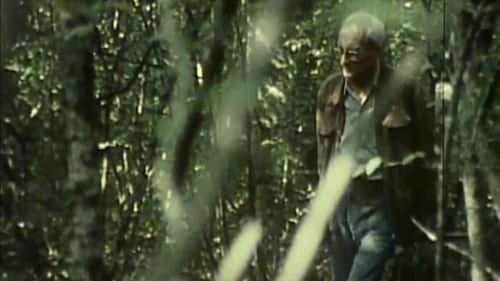
Documentary about one of the greatest French thinkers of the twentieth century, Claude Lévi-Strauss (1908-2009).

Short documentary outlining author Jack London's path to Socialism.

An insight into the novelist and philosopher Simone de Beauvoir, who was also a political activist and feminist.
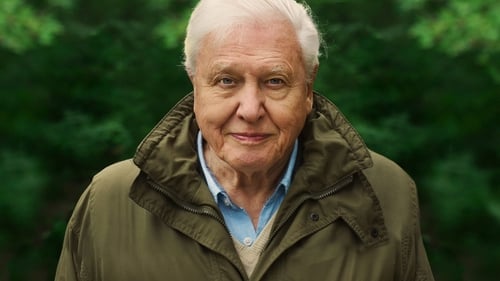
The story of life on our planet by the man who has seen more of the natural world than any other. In more than 90 years, Attenborough has visited every continent on the globe, exploring the wild places of our planet and documenting the living world in all its variety and wonder. Addressing the biggest challenges facing life on our planet, the film offers a powerful message of hope for future generations.
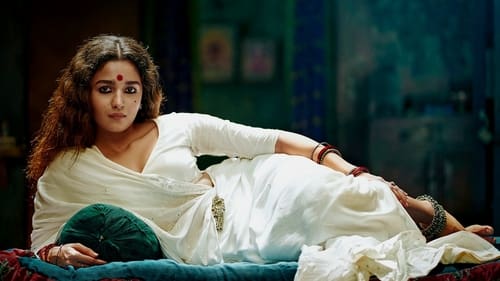
Duped and sold to a brothel, a young woman fearlessly reclaims her power, using underworld connections to preside over the world she was once a pawn in.
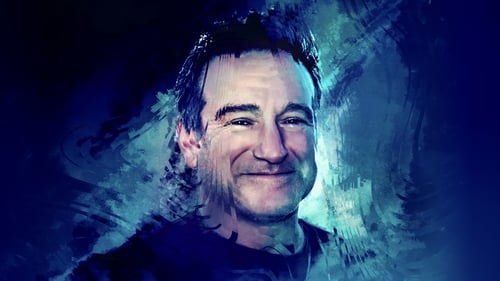
The final word in the story of what really happened to Robin Williams at the end of his life, focusing on his fight against a deadly neurodegenerative disorder known as Lewy body dementia.

Paris, June 1940. The de Gaulle couple is confronted with the military and political collapse of France. Charles de Gaulle joins London while Yvonne, his wife, finds herself with her three children on the road of the exodus.
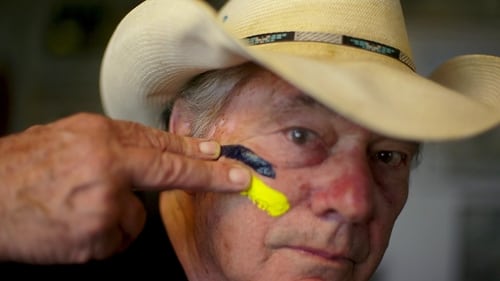
A fantastic journey through the world of Renato Casaro, one of the most important illustrators that the world’s film poster industry has ever known.

1779. Eight-year-old Ludwig van Beethoven, called "Louis", is already known as a musical prodigy. He learns to go his own way - much to the dismay of the people around him. Some years later, he meets Mozart during times of political upheaval. The unconventional genius and French Revolution are sparking a fire in Louis' heart; he doesn't want to serve a master - only the arts. Facing times of family tragedies and unrequited love, he almost gives up. However, Louis makes it to Vienna to study under Haydn in 1792, and the rest is history. Who was this man, whose music has since touched countless hearts and minds? At the end of his life, the master is isolated by loss of loved ones and hearing. Surely though, he was way ahead of his times.

In a cinema, the day of the premiere of J'irai cracher sur vos tombes (adapted from his novel), Boris Vian has a heart attack. During his discomfort, he relives the major stages of his life: the meeting with Raymond Queneau, the nights of Saint-Germain-des-Prés, the scandal of J'irai cracher sur vos tombes, his love stories with Michelle Léglise then Ursula Kubler or his relationship with Jean-Paul Sartre. Through his memories, Boris Vian relives all his “parallel lives”.














